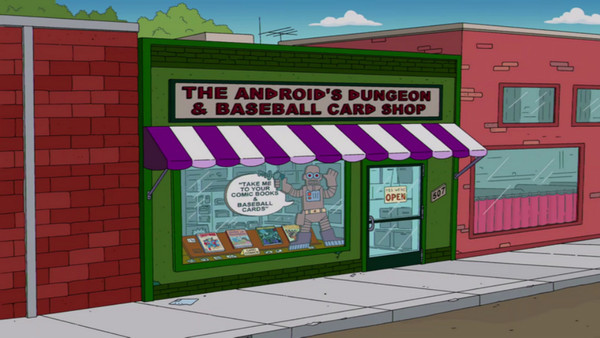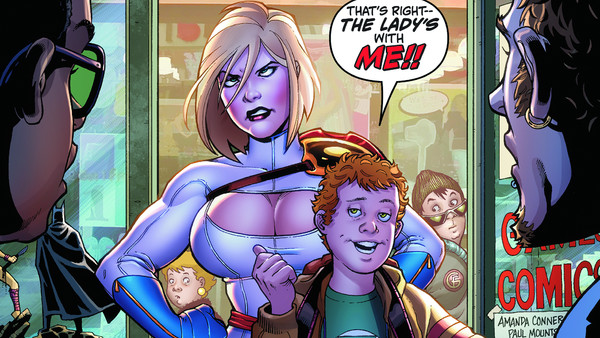Why The Comics Industry Needs To Change (Before It's Too Late)
4. What Is The Direct Market?

For most people, the direct market is sort of... elusive? Most readers are aware of its existence, but tracking the logistics of how it all works can be tedious and somewhat confusing.
And therein lies the rub. The direct market is confusing, and there's no shame in admitting that! If you aren't involved in comics retail and don't know how sales figures are aggregated or how stuff gets ordered, the entire discourse can seem a tad intimidating. But it is still possible to unpack, and doing so should hopefully expose why the whole thing causes more problems today than it actually fixes.
So, the direct market. The whole thing was created in the 1970s by a man called Phil Seuling. Seuling's system initially comprised several different comics distributors that allowed retailers to make purchases straight from comics publishers, like Marvel, DC and others. This brought with it a whole host of benefits, as, essentially, retailers could relay to the publishers what their readers wanted more accurately. The more demand there was for a given comic, the more likely it was it would avoid cancellation or that a spin-off series would be released to capitalise on demand. It gave way to the rise of specialty comic book stores, and gradually, over time, comics left the stands of newsagents, supermarkets, and more traditional book shops.
All fine and dandy, you might think, but there were drawbacks. Unlike most other systems, products ordered under the direct market were non-returnable. This meant that most comics stores were left with a surplus of issues - 'back issues', as they're more commonly known - that they were unable to sell. This effectively meant that retailers had to gamble with every order. Order more of a given comic, and there was a chance that they could be left with surplus stock that they wouldn't be able to shift for years to come.

However much the risk weighed on certain businesses, the direct market still afforded opportunities to other publishers outside of the Big Two's (Marvel and DC's) control. Companies like Image and Dark Horse were two of the most successful challengers to the status-quo - a demonstrably good thing, I think most readers would agree - but that's not what's necessarily defined the direct market in recent times.
When we talk about the direct market today, it tends to be because of a few reasons. Either one: the rise of digital-only services posing a new challenge, like Comixology or Marvel Unlimited; two, the not-so-ethical practices of the big publishers, whether that's pandering to speculators in the nineties, flooding the market with variant covers or introducing draconian incentives for retailers to order more product; or three, the fact that the only guaranteed way to support a given comic just doesn't make any sense at all.
When taken together, all of these problems paint a decidedly grim picture of the industry. One that needs to change sooner, rather than later.